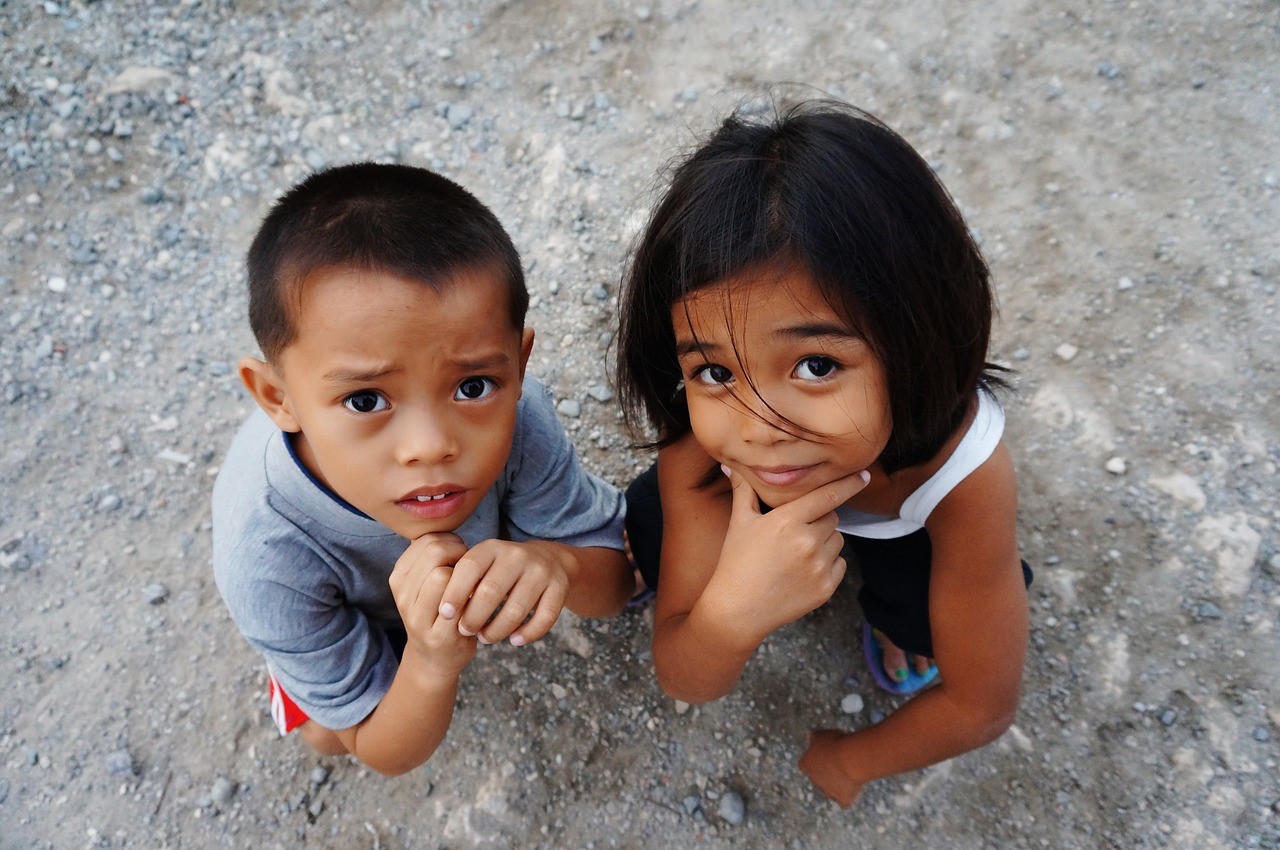KUALA LUMPUR (Thomson Reuters Foundation) – The government of Australia’s Department of Foreign Affairs and Trade issued a statement this week to draw attention to a new form of child exploitation that has been emerging and growing in Southeast Asia.
The Australian government announcement “discourages short-term, unskilled volunteering orphanages (overseas).” The problem is not with the issue of volunteerism. The problem is the increasing number of orphanages in Southeast Asia that are being utilized to operate in the multi-billion-dollar child slavery and trafficking business. The government’s intent is to promote “Smart Volunteering” so that volunteers are not unwittingly taking part in endangering the lives of innocent children.
According to Australian Foreign Minister, Julie Bishop, “The worst orphanages retain and exploit children with the aim of making money.”
Damian Kean, a representative of Thai-base ECPAT, called the criminal use of orphanages for financial gain through trafficking of children, “An emerging and worrying trend.”
Officials from UNICEF has noted that Cambodia, for instance, has over 16,000 children housed in about 400 orphanages and that 75 percent of those children have at least one living parent. Last year, Cambodian officials returned about 3,500 children to their families following an investigation into “fake” orphanages.
The Australian foreign minister explained that, in some instances, the children had been kidnapped. In others, the parents have sold the children to the orphanages.
The number of temporary marriages has been increasing in Indonesia as girls are sold into temporary “mutah marriages” in which they are sexually exploited. Criminally-operated orphanages operate as clearinghouses, making these temporary marriages of convenience available at a price for Muslim tourists.
The countries where this problem is rampant have a dilemma in that closure of orphanages will place at least 25 percent of the children housed there at considerable other risks because they will have nowhere else to go and will be left to fend for themselves, a path that typically leads back to the same endangered situation.
The Cambodian Children’s Fund representatives claim that “Returning a child to a safe and loving family environment does not automatically initiate a pattern of behavior that includes access to education or even more basic, fundamental resources such as access to food, clean water, or healthcare.”
The situation is, indeed, worrying. Pray for the children.
Sources:
- Thomson Reuters, Australia moves to curb trafficking in overseas orphanages
- ECPAT, Sexual exploitation of children is an increasing concern across Southeast Asia: New report
- UNICEF, Tackling sexual exploitation and abuse of children: Actions and commitments by UNICEF
- Australian Government, Department of Foreign Affairs and Trade, Smart volunteering
- Save the Children, Right now, there are children who desperately need a hero.
- Jakarta Globe, Australia Moves to Curb Trafficking in Overseas Orphanages
For more information about this, click here.
